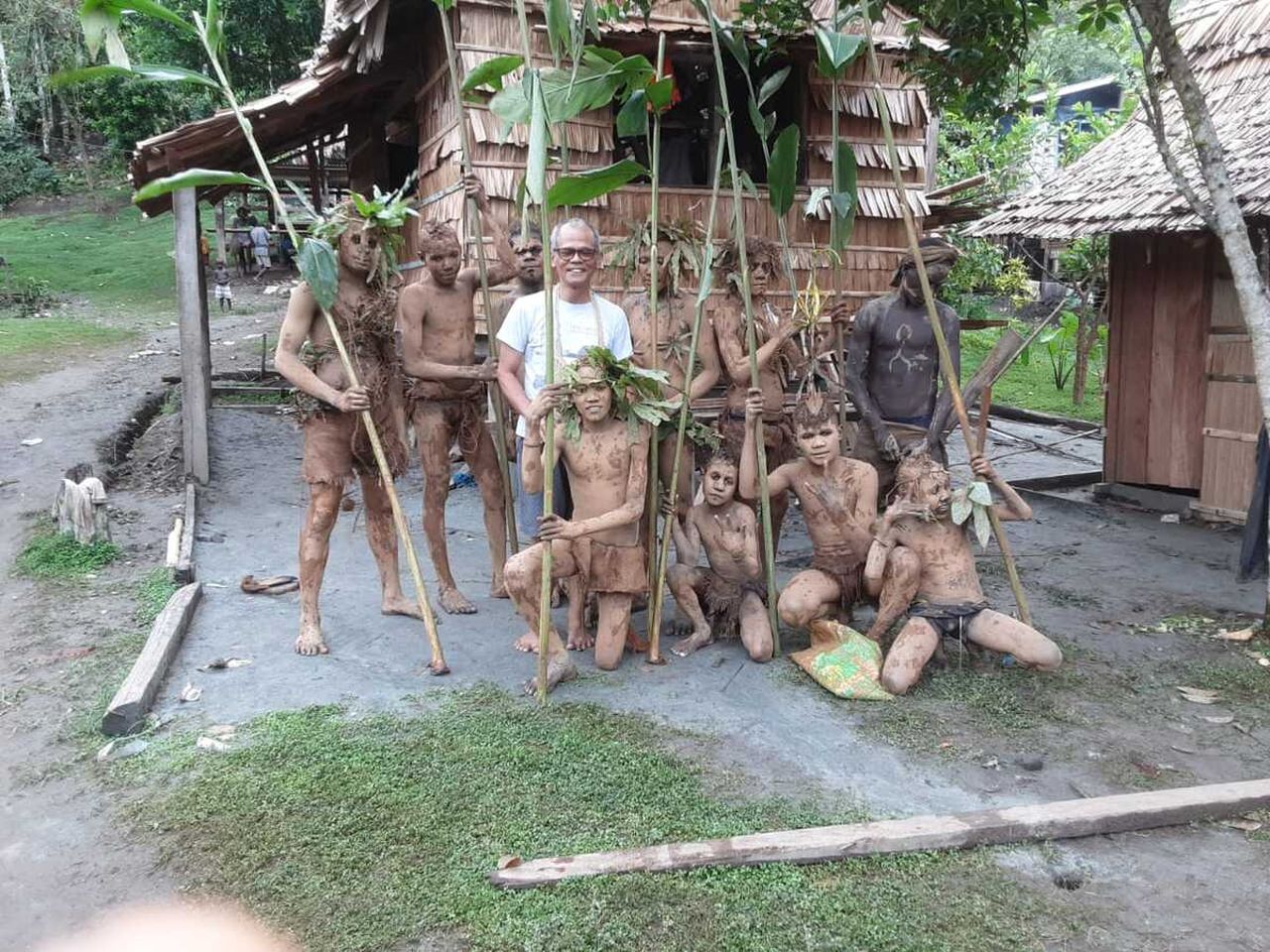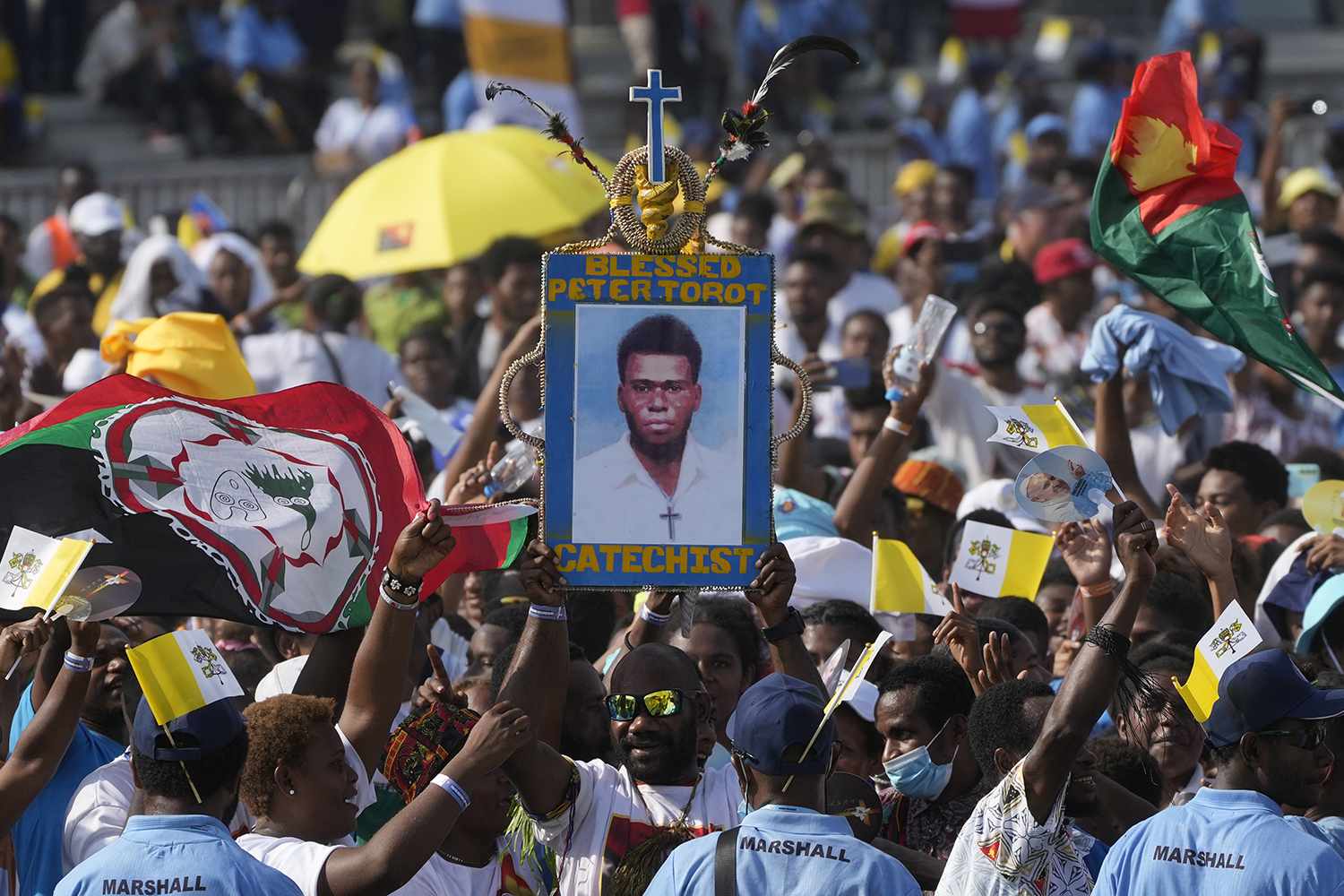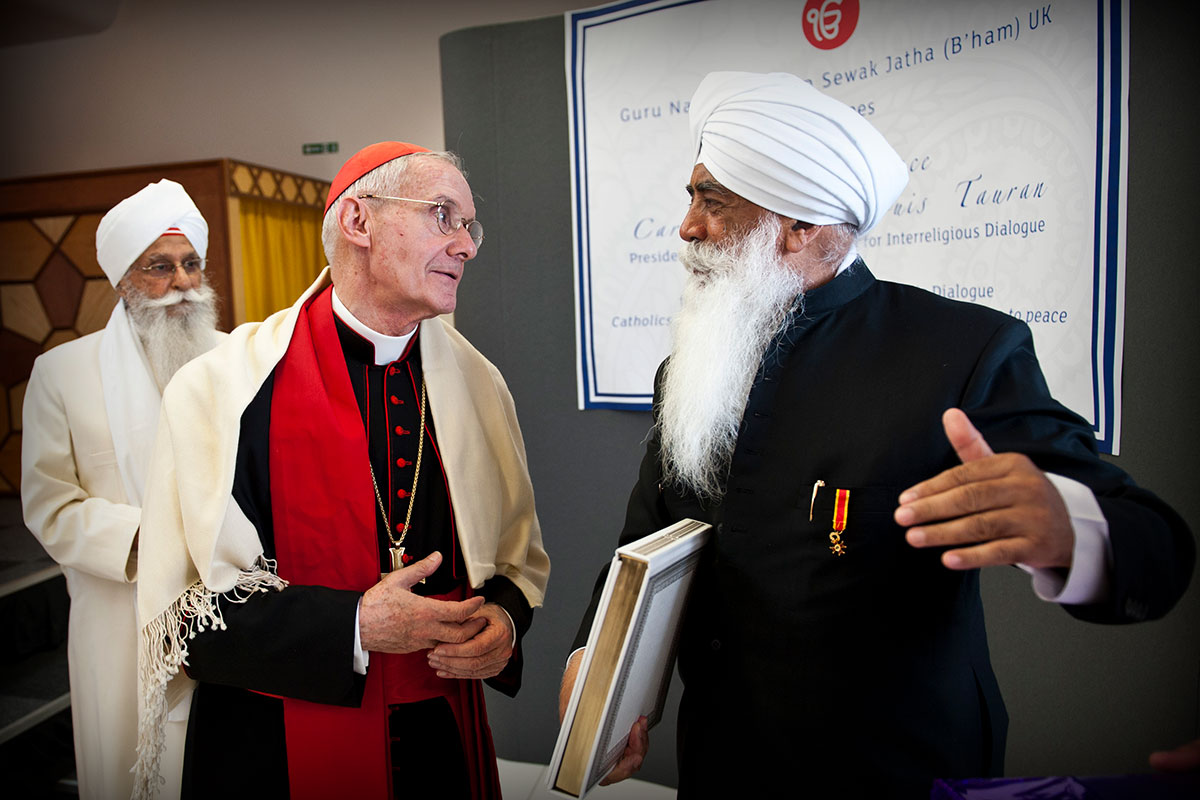Mission among the tribal people of the Mentawai
Joaquim Magalhães de Castro
Missionary Antonius Wahyudianto, pastor of the church of Muara Siberut, is responsible for pastoral care in the various “missionary stations” spread across the islands and islets of Mentawai, west of Sumatra, the largest geographic space in the Indonesian archipelago, known especially among surfers due to the excellence of its waves. Waves that during the monsoon season reach 4 and 6 meters in height, making the region’s weather conditions even more difficult, a fact that has never stopped the Xaverian missionaries who work there from carrying out their quarterly visits to remote communities.
Always ready to work for the proclamation of the Good News and for the cultivation of the faith of the Catholics of the Mentawai, their mottos are “Caritas Christi urget nos” (the love of Christ impels us) and “love your neighbor as yourself”. The evangelical simplicity, humility and faith of these people of limited resources, “from whom you can always learn a lot”, increasingly impress Father Antonius Wahyudianto, who frequently visits these tribal communities spread across the region; sometimes on foot through the dense forest; sometimes by canoe along the Sila’oinan River, often dangerous and rocky trails.
The people of the Mentawai, blessed with abundant natural resources that the Creator has provided them, make little effort to obtain economic advantages. They live off the gifts of Mother Earth, and it is due to this mentality that practically all commercial initiatives in Mentawai are controlled by outsiders: people from the Samatran regions of Minang, Toba, Nias and even the island of Java who have established their plantations and the most diverse types of businesses.
Fortunately, deep contact and symbiosis with nature are elements that favor the presence of the Catholic faith. Compared to the interior of Sumatra, where a more traditional and in certain areas quite a radical Islam predominates (as is the case in the province of Aceh), in the Mentawai there is no ‘competition’ between Christianity and Islam, rather an atmosphere of coexistence, understanding and exchange.
Stasi Bekkeilu, inhabited by 26 Catholic and five Muslim families, is a remote mission station devoid of modern amenities. In the small church built by the locals, a small solar panel provides some electricity, “but, honestly”, confesses Father Wahyudianto, “it doesn’t help much when reading masses”. There is no internet there and the name of the village is not even registered on the Google Earth application. However, in this village “forgotten by the world” – says Father Wahyudianto again – “the missionary-pastoral path already followed, with the four young people who normally accompany me, has been an exciting and enriching experience”.
Upstream from there, in the village of Matotonan, during the 1970s and 1980s, the majority of the local population converted to Islam, however, they never abandoned some of their Christian practices. There are now 65 Catholic families that live harmoniously with 300 Muslim families.
“In Mentawai”, says Wahyudianto, “catechetical education is an absolute priority”. For this reason, this Xaverian priest, who has an artistic streak, decided to paint 14 images of the Way of the Cross on wooden panels kindly provided by the residents of Matotonan. To complete them he had to stay and live with the people of that village for four days. While painting on the porch of one of the parishioners’ houses, Muslim children and young people stopped to better appreciate the figure of Jesus, “who is one of their prophets in their cult: the prophet Isa”, recalls the missionary. However, he reached this important conclusion: artistic works are an excellent opportunity for, in a predominantly Muslim village, dialogue with local Catholics to remain a reality.
The region can only be visited twice a year, between January and April or between the beginning of October and December, that is, outside the tropical cyclone season. “People are thirsty for the Eucharist and always wait for us with great joy,” said Father Wahyudianto.
The outlook is positive, as stated, in the form of a question by a writer for Vita, the diocesan magazine of Padang. “Are we witnessing growth in the Catholic community in the Mentawai Islands, an integral part of the Diocese of Padang? The answer is yes. The number of faithful and parishes on these islands continues to increase. In fact, the attention that the Diocese of Padang has paid to the mission in the Mentawai Islands is bearing fruit. The parish of Santa Maria da Assunção, in Muara Siberut – for example – has 10,802 Catholics and has five Xaverian missionaries at its service (four priests and a lay brother) who organize monthly visit programs in a total of 26 mission stations (one per village) spread across the region.


 Follow
Follow


